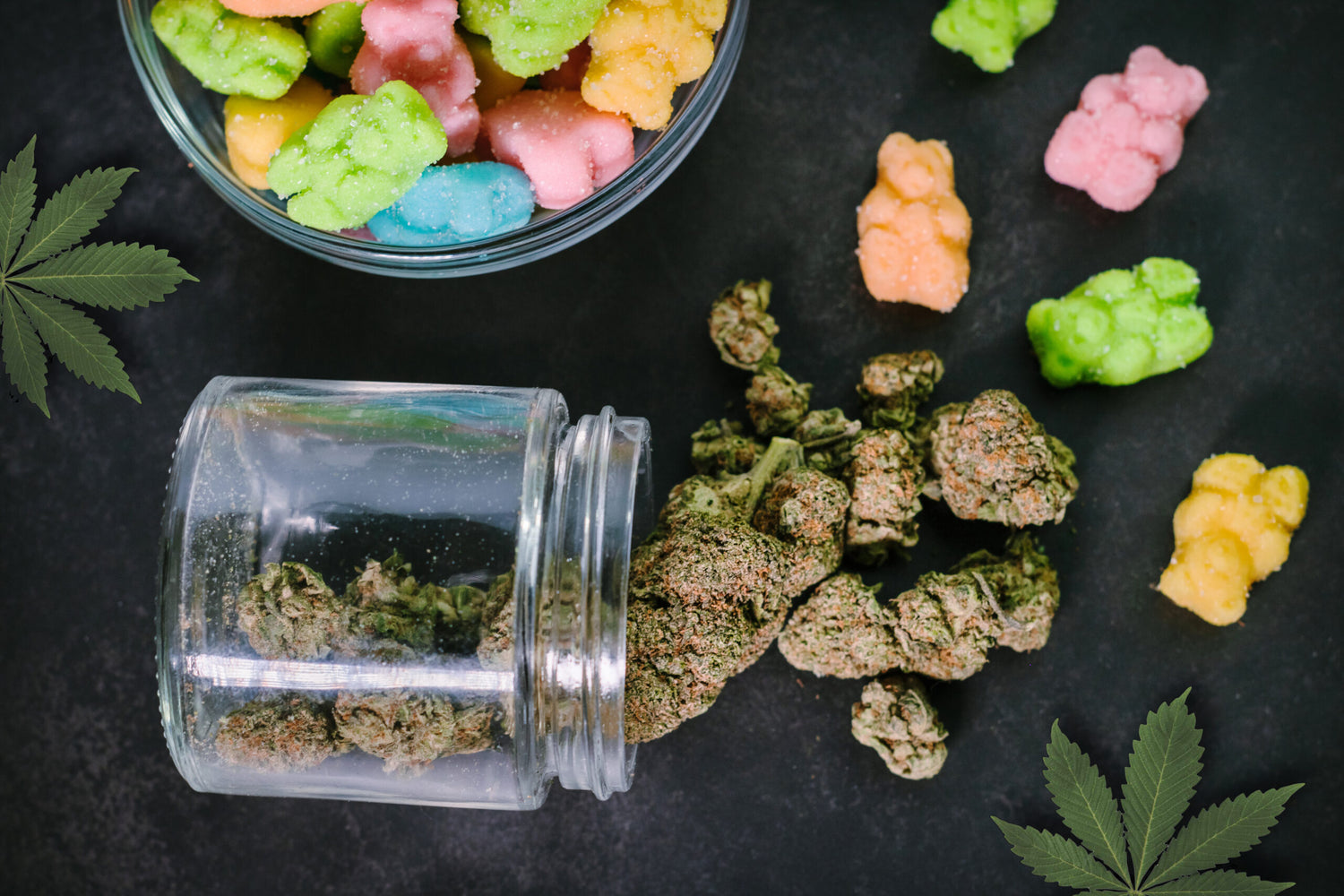
In recent years, there has been a growing interest in sustainable and environmentally friendly practices in various industries, including the food sector. Consumers are increasingly looking for products that are not only delicious but also produced in a way that is mindful of the planet. One industry that has been at the forefront of this movement is the edible store, which focuses on offering locally sourced, sustainable, and organic products. Let's take a closer look at the sustainable practices of an edible store and how they are contributing to a more eco-friendly food system. You can also click over here to explore more about edible store.
Locally Sourced Products
Supporting Local Farmers
- One of the key practices of an edible store is sourcing products locally whenever possible.
- This not only supports local farmers and producers but also reduces the carbon footprint associated with transporting food long distances.
- By sourcing locally, edible stores are able to offer fresher products that are in season and full of flavor.
Building Relationships with Producers
- Edible stores often build direct relationships with local farmers and producers to ensure the quality and sustainability of their products.
- This direct relationship allows for transparency in the supply chain and ensures that ethical and environmentally friendly practices are being followed.
- By working closely with producers, edible stores can also support smaller-scale farms and businesses, helping to strengthen the local food economy.
Sustainable Packaging
Reducing Plastic Waste
- One of the biggest challenges in the food industry is the amount of plastic waste generated by packaging.
- Edible stores are taking steps to reduce their plastic usage by offering products in eco-friendly packaging options, such as compostable or biodegradable materials.
- Some stores also encourage customers to bring their reusable containers to fill up on bulk items, further reducing the need for single-use packaging.
Packaging Innovation
- Some edible stores are leading the way in packaging innovation by using plant-based materials, such as cornstarch or sugarcane, for their packaging.
- These materials are renewable and biodegradable, making them a more sustainable option compared to traditional plastic packaging.
- By investing in innovative packaging solutions, edible stores are setting a new standard for sustainability in the industry.
Waste Reduction
Composting Programs
- To further reduce waste, many edible stores implement composting programs for food scraps and other organic materials.
- This compost can be used to enrich the soil of local farms or community gardens, closing the loop on the food production cycle.
- By diverting organic waste from landfills, edible stores are reducing methane emissions and minimizing their environmental impact.
Reducing Food Waste
- Edible stores also focus on reducing food waste by carefully managing their inventory and offering products in smaller quantities.
- Some stores partner with local food banks or shelters to donate surplus food, ensuring that it does not go to waste.
- By minimizing food waste, edible stores are not only being more sustainable but also contributing to the fight against hunger in their communities.
Community Engagement
Education and Outreach
- Many edible stores are committed to educating their customers about sustainable food practices and the importance of supporting local agriculture.
- They may offer workshops, tastings, or events that highlight the benefits of eating locally sourced and organic foods.
- By engaging with the community in this way, edible stores are helping to raise awareness and promote a more sustainable food system.
Supporting Food Justice
- Some edible stores go a step further by actively supporting food justice initiatives in their communities.
- This may involve partnering with local organizations to provide access to fresh and healthy food for underserved populations.
- By promoting food justice, edible stores are working towards a more equitable and sustainable food system for all members of the community.
Overall, edible stores are leading the way in adopting sustainable practices that benefit both the planet and the local community. By focusing on locally sourced products, sustainable packaging, waste reduction, and community engagement, these stores are setting a new standard for the food industry. As consumers become more conscious of the environmental impact of their food choices, edible stores play a crucial role in providing sustainable and ethical options for all.
